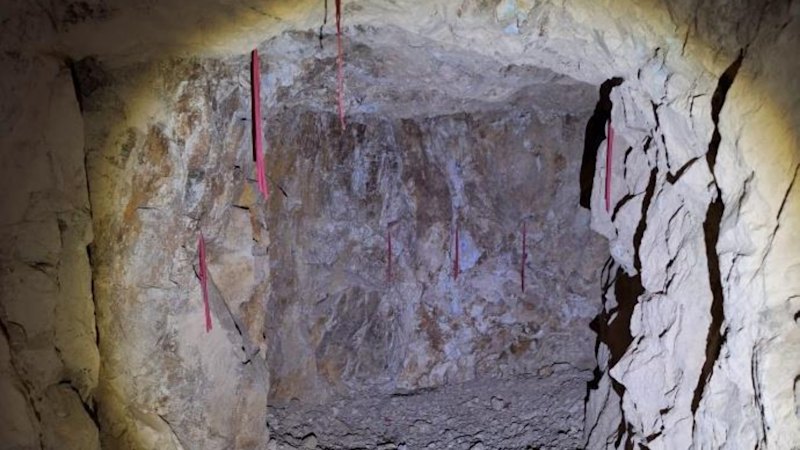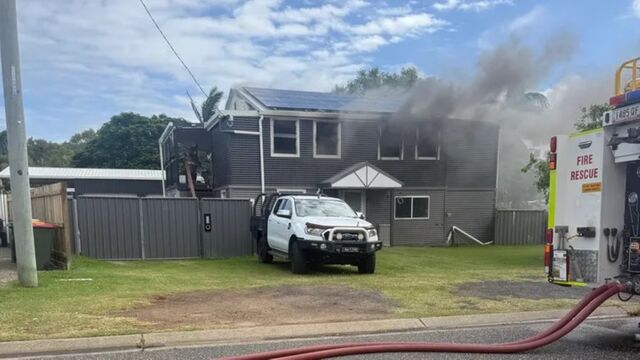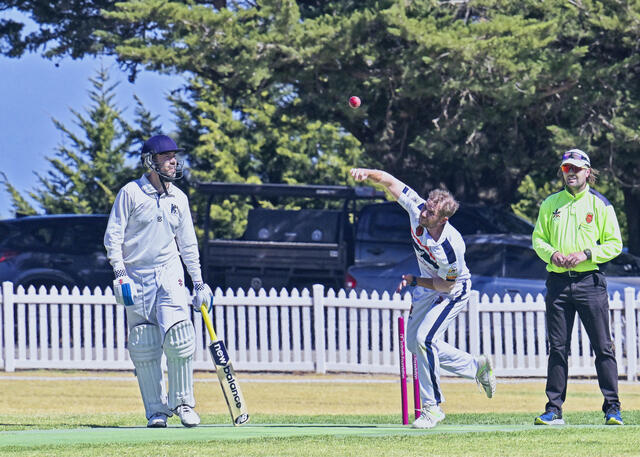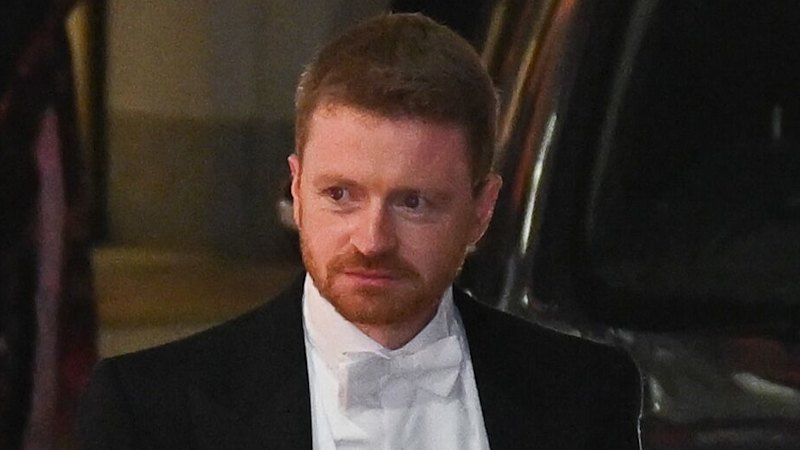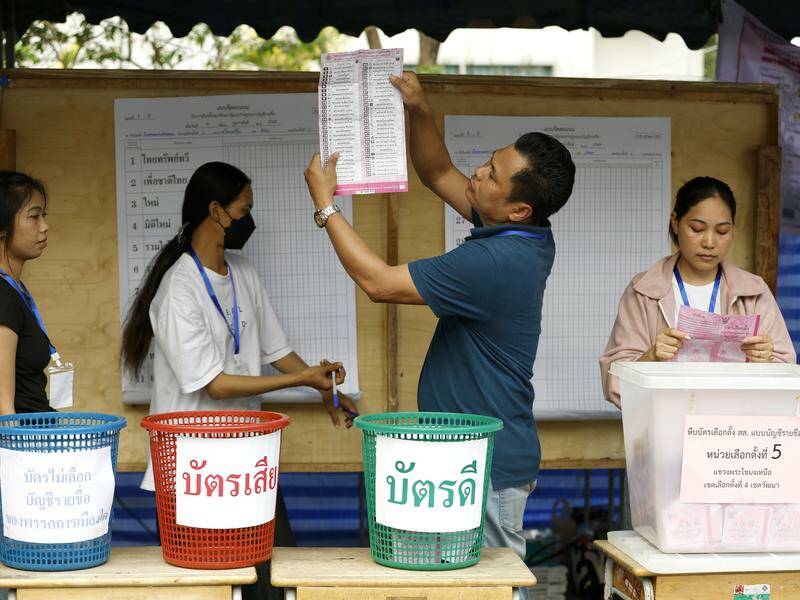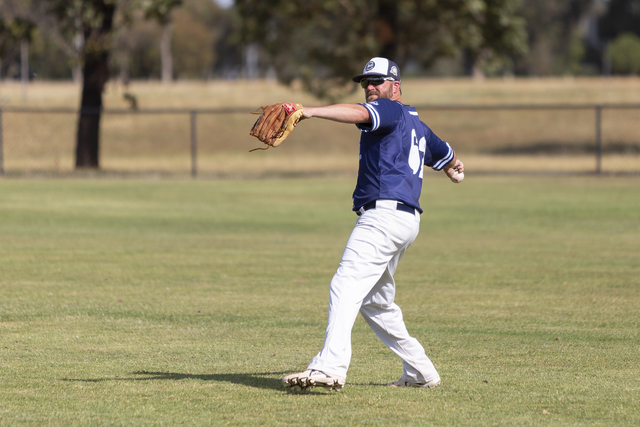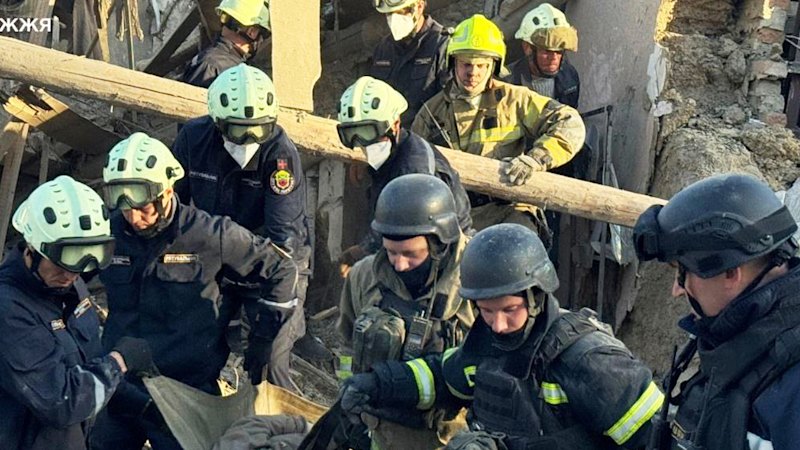
Estonia is calling for increased air defense support from NATO allies following the third violation of the alliance’s airspace by Russian military aircraft this month. The request comes as tensions rise among NATO’s eastern members, who are concerned about Russia’s recent actions over the Baltic Sea. Officials in Tallinn described these incursions as part of a “broader Russian campaign to test the resolve of Europe and NATO.”
In response to the latest breach, the United Nations Security Council convened for an emergency meeting on March 4, 2024. Estonia invoked Article 4 of the NATO treaty, which allows member states to request consultations and consider collective action. The increasing frequency of Russian airspace violations has raised alarms in eastern NATO countries, with concerns that these incidents may be an attempt by Moscow to distract the alliance from its commitments.
NATO’s immediate response included scrambling Italian-owned F-35 fighter jets and quick-reaction aircraft from Sweden and Finland after three Russian MiG-31s entered the Gulf of Finland without permission for a total of twelve minutes. Estonia’s Foreign Minister, Margus Tsahkna, condemned the incursion as “unprecedentedly brazen,” emphasizing that Russian jets were mere seconds away from Tallinn, the capital of a NATO member.
Estonian officials are pressing for a renewed commitment to NATO air-policing assistance. Marko Mihkelson, the chairman of the Foreign Affairs Committee in Estonia’s parliament, stated that it is “entirely appropriate” to seek heightened support. Meanwhile, Kaja Kallas, the European Union’s foreign affairs chief, characterized the incident as “an extremely dangerous provocation.”
Russia’s Defense Ministry denied the charges, asserting that its aircraft followed a planned route from the Karelia Republic to the Kaliningrad exclave. Nonetheless, this marks the fourth violation of Estonian airspace this year, following similar incidents in Poland and Romania.
On March 3, 2024, NATO again scrambled jets in response to a Russian military plane operating in neutral airspace over the Baltic Sea. The incursion into Poland earlier this month led the government in Warsaw to shoot down Russian drones for the first time since the onset of the full-scale invasion of Ukraine. To bolster its eastern borders, NATO has deployed additional air defense systems and military jets under an operation designated as Eastern Sentry.
The ongoing situation raises critical questions for NATO allies regarding their response to these incursions. Would the alliance be prepared to take the drastic step of shooting down Russian aircraft if such violations persist? A precedent exists; in 2015, a Turkish fighter jet downed a Russian bomber after it ignored multiple warnings and crossed into Turkish airspace.
Estonian Prime Minister Kristen Michal articulated a measured stance on the issue, stating on Friday that various parameters for the use of force are being considered. While acknowledging that Russian jets were escorted out of Estonian airspace, she noted that they did not depart as swiftly as they could have. Michal emphasized that Article 4 consultations with NATO allies and the supreme commander would determine the course of action in the event of future incursions.
Earlier in the week, President Donald Trump expressed uncertainty about the appropriate U.S. response, stating, “I don’t love it. When that happens, it could be big trouble. But I’ll let you know later.” His comments followed a suggestion that the breach of Polish airspace by Russian drones might have been a mistake, which prompted a strong backlash from Polish officials.
Trump has previously sought a rapprochement with Russian President Vladimir Putin and delayed further sanctions against Russia. He has also shifted away from the previous administration’s policy of providing substantial military aid to Ukraine, opting instead to sell arms to European leaders for distribution to Ukraine.
Estonia’s Defense Minister Hanno Pevkur noted that diverting resources to reinforce the NATO border may align with Russia’s strategic goals. He stated, “That has been one of Russia’s strategic aims: To get the West to mind its own business while Russia deals with Ukraine. That is a key goal behind these kinds of provocations.”
As NATO navigates this complex situation, the alliance’s unity and resolve will be critical in addressing the ongoing challenges posed by Russian military actions.
